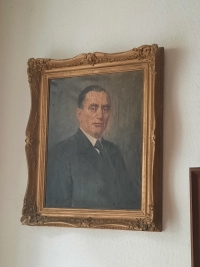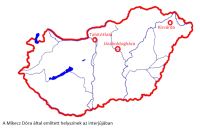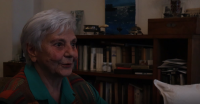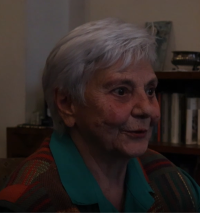„It was prohibited to leave the village“
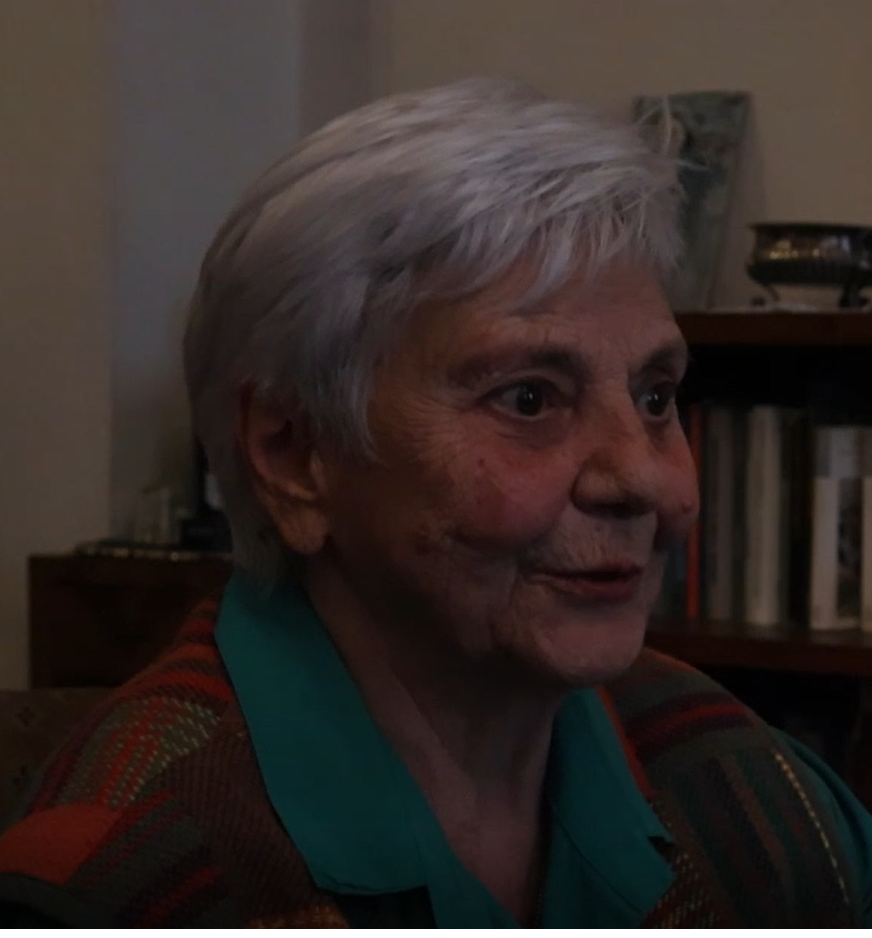
Stáhnout obrázek
Teodóra Mikecz (1937) was born as the daughter of Ödön Mikecz, lawyer, minister of justice (1939). This pre-war political commitment of her father was a heavy burden to bear after the Second World War. Teodóra was relocated together with her parents when aged 15, to a so-called „kulák“ settlement (ie. village of land-owner peasants). Kuláks were punished by hosting Budapest-originated ex-blue-collars. After 1953, they were admitted to the outskirt of Budapest, but not to the capital city, living under the category of „class enemy“. It meant not to find seconday school to pass graduation, or to find intellectual work.
